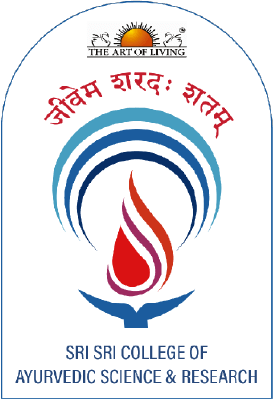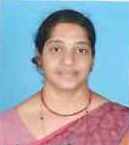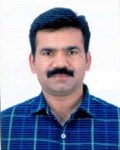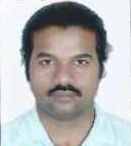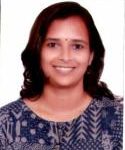Dravyaguna
Dravyaguna deals with study of medicinal herbs & drugs, their origin, nature, properties & effects upon human beings.It finds its parallel in the modern science of pharmacology. It’s a complete science of herbal plants.
It’s including pharmacognosy, pharmacology and therapeutic uses of the plants. Ayurvedic drugs, especially herbs are prescribed in different pharmaceutical forms, to get maximum therapeutic effect.
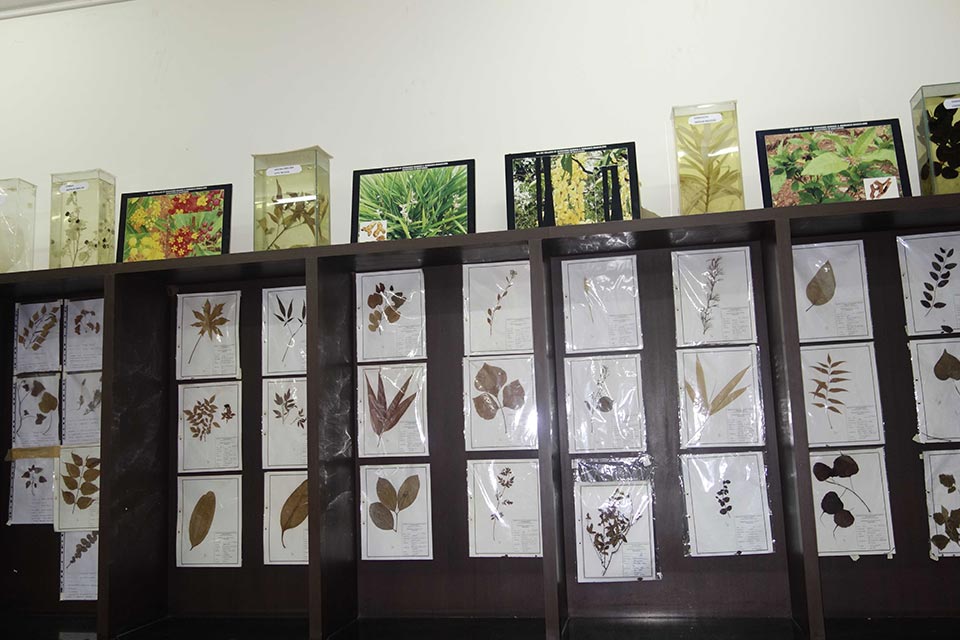
Other Departments
The word dravyaguna consist of 2 words:
1) Dravya = material of thing which can be living or not living.
2) Guna = properties
According to Charaka there is nothing on the earth which is not medicine. That’s why Ayurveda considers all substances as medicine, if used for specific purposes in an appropriate way.
How Drugs act?
Ayurveda takes into the account the action of the drug in its entity. It holds that the action of the whole drug is often different from that of any one of its constituents considered separately. In this regard, the quotation from the Charaka Samhita looks more interesting- “ It is not possible to infer the action of a compound substance on the particular combination of doshas. To understand the Ayurvedic mechanism of action of any drug, it is essential to have the knowledge of- rasa (taste), guna (properties), virya (biological properties), vipaka (attributes of drug assimilation) of that specific drug.
Dravyaguna vignan or medicinal plant science is a section of Ayurveda that deals with medicinal herbs and their properties. Dravya guna vignan provides details about the differing qualities of medicinal herbs with seasons, the right time to collect the herbs, etc.
Though dravyaguna vignan is almost exclusive for the knowledge of medicinal herbs, it can also include the knowledge of matter in general. Dravya means matter (everything is made of matter and energy). Dravya guna vignana also includes the knowledge of quality of matter, change of properties while in combination with other materials, etc.
Meanings: Dravya ( matter ), guna ( quality) and vignan ( knowledge ).
Since treatment in Ayurveda is purely herbal, the practitioner needs to identify the exact quality of each herb he collects. The season in which the herbs are grown and harvested determines the quality of the herb.
Ayurveda acharyas recommend the use of fresh herbs. However, it is not practicable in all cases because some annual plants grow only in specific seasons. Here, according to Ayurveda acharyas, one can store the whole plant, or usable plant part (flower, fruit, root, leaves, or whole plant) dried and well preserved for up to one year.
Dravya guna vignan evolved over thousands of years. The accumulation of data from the experiments that spread over thousands of years produced accurate results. The results are reported in concentrated forms in ancient books like Ashtangahridaya, Charaka Samhita, Sushruta Samhita, etc.
Dravya guna vignan also allows the practitioner to choose herbs or herbal combinations that effectively balances the vitiations of doshas, while preventing further imbalances or side effects. Here lies the key to relative absence of side-effects for Ayurvedic medicines. The medicines are used to treat both the disease and the patient. When taken the disease separately, the treatment of a specific imbalance can lead to the imbalance of other parts.
Therefore drayaguna vignan is the most important knowledge an Ayurvedic practitioner must gain before he attempt treating.
Faculty
Sri Sri College
of Ayurvedic Science & Research
21st km, P. O. Udayapura,
Kanakpura Road, Bengaluru – 560082,
Karnataka, India.
Menu
Menu
